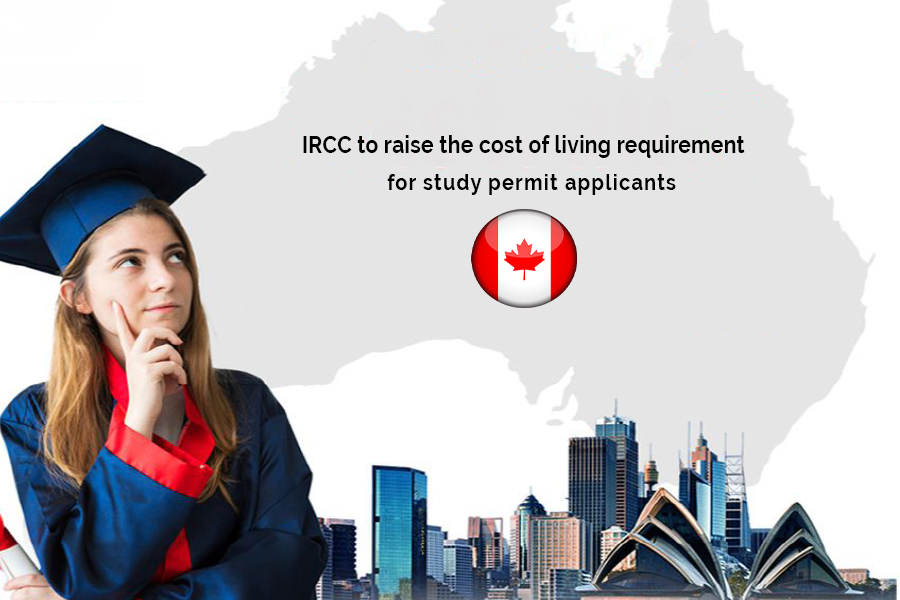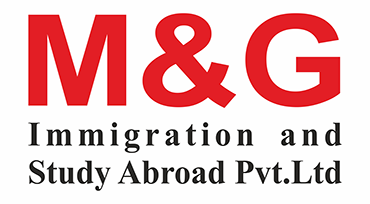As of January 1, 2024, Immigration Refugees and Citizenship Canada (IRCC) will increase the cost-of-living prerequisite for study permit applicants.
From January 1st onward, a single study permit applicant must demonstrate a minimum of $20,635 for cost-of-living expenses. This additional requirement is apart from the first-year tuition and travel expenses and will affect applications received on or after January 1st.
The updated cost surpasses the existing demand of $10,000, set back in the early 2000s and unchanged since then, more than doubling the previous stipulation.
According to IRCC, the financial prerequisite hasn’t kept pace with Canada’s cost of living, leaving students arriving in the country only to realize their funds don’t stretch as far as anticipated.
Starting January 1st, the department announces a crucial change: the cost-of-living requirement will now align annually with Statistics Canada’s updates to the low-income cut-off (LICO). LICO represents the minimum income necessary in Canada to ensure individuals don’t spend an excessive portion of their income on essentials.
Furthermore, these new financial criteria will be applied to the Student Direct Stream (SDS), a study permit avenue for applicants from 14 specific countries, offering expedited processing.
Also Read: IRCC announces extending the student off-campus work hours policy until April 2024
IRCC emphasizes that this adjustment aims to shield students from vulnerability and exploitation, though it acknowledges the varied impact on different applicants. Additionally, there are plans to introduce targeted pilot programs next year, aiding underrepresented groups of international students in pursuing their studies in Canada.
In addition to the cost-of-living requirement update, IRCC has extended the exemption on the 20-hour per week work limit for international students until April 30, 2024. Eligibility for this extension applies to students currently in Canada and those who submitted a study permit application on or before December 7th, 2023.
Initially introduced on November 15, 2022, this measure was originally intended to conclude on December 31, 2023. It grants students the chance to work beyond the typical 20-hour per week limit while classes are in session.
Students pursuing studies in Canada may qualify for employment if they:
- Possess a valid study permit.
- Engage in full-time studies at a designated learning institution.
- Commence studies and maintain satisfactory academic status as per their institution’s criteria.
- Enroll in an academic, vocational, or professional training program lasting at least six months, leading to a degree, diploma, or certificate.
- Hold a Social Insurance Number (SIN).
During the recent press conference, Minister Miller announced two updates regarding the Post Graduation Work Permit (PGWP).
Firstly, the provision enabling international students to include online study terms towards their future PGWP (as long as this duration doesn’t exceed half of the total program time) will extend until September 1st, 2024.
Secondly, there won’t be any further special extensions for PGWPs. The Canadian government previously employed a temporary policy thrice to extend PGWPs for 18 months. Those eligible under the latest extension policy (with work permits expiring by December 31st, 2023) can apply, but IRCC won’t pursue further PGWP extensions beyond this period.























































































